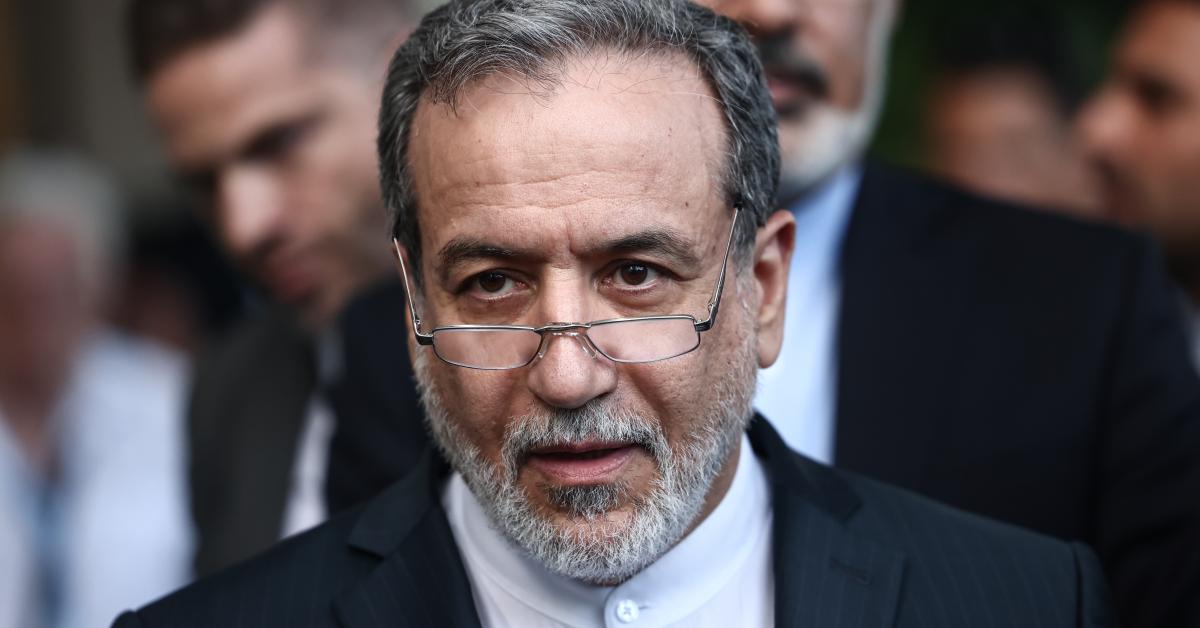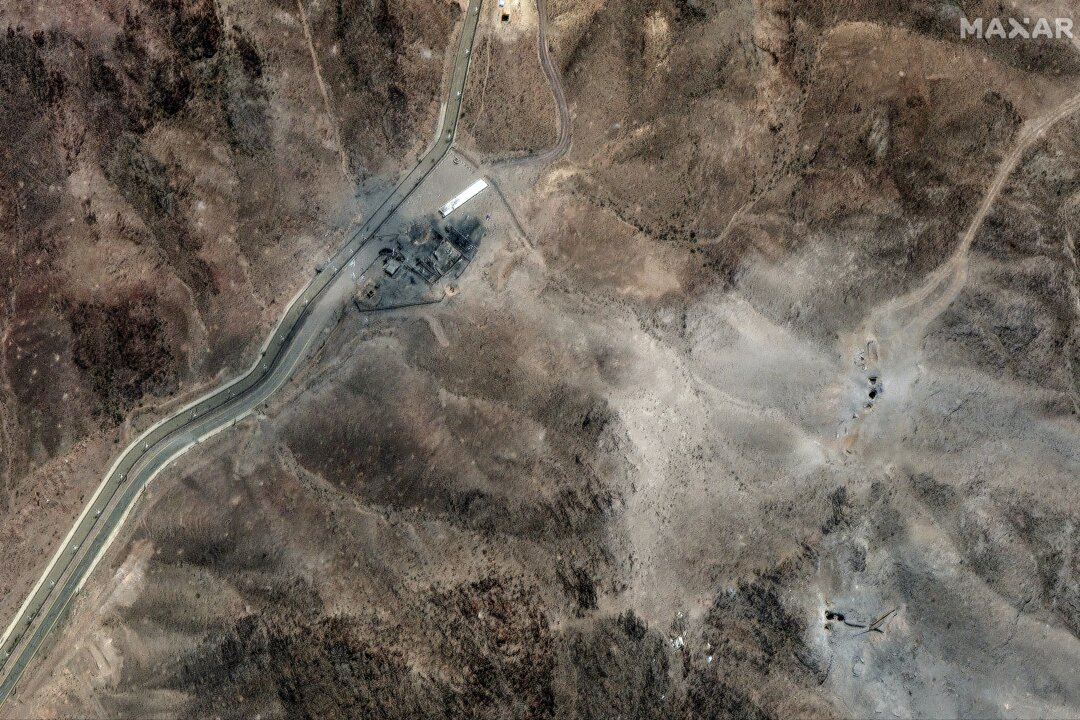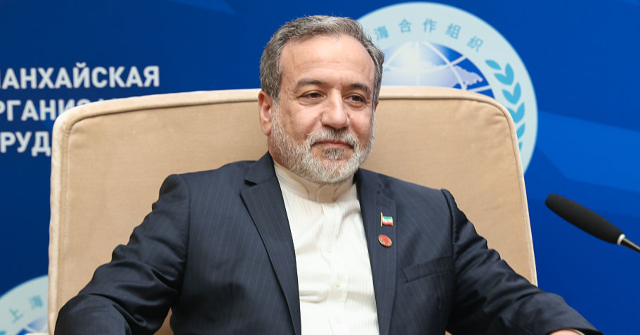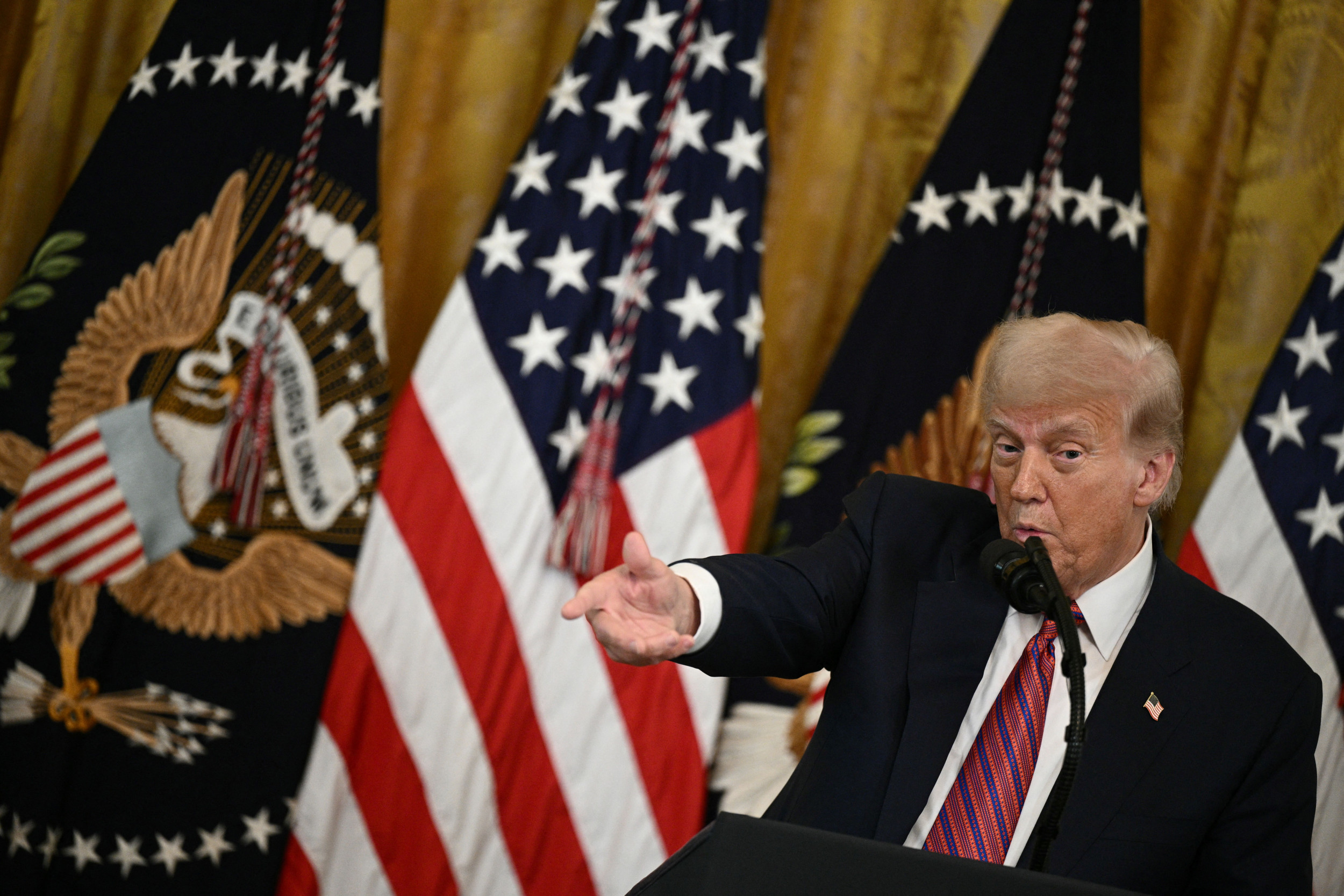In a bold declaration that echoes through the corridors of international diplomacy, Iranian Foreign Minister Abbas Araghchi has reiterated that Iran will not abandon its nuclear enrichment program. He
Did You Know
The world's oldest person on record lived to be 122 years old.
?
AD
frames the continuation of this initiative as a matter of national pride and a hallmark of scientific achievement for the nation. Despite facing severe military strikes from the US and Israel, which Araghchi describes as having inflicted "serious" damage to Iran's nuclear facilities, the Minister stands firm in his resolve that uranium enrichment will persist, asserting that it is vital for Iran's sovereignty and technological advancement.
Currently, diplomatic channels appear strained, with Araghchi expressing a preference for indirect negotiations with the United States rather than direct talks. His skepticism toward American intentions reflects a broader sentiment within Iran that remains cautious of foreign influence and the unpredictability of treaties that have been historically fragile. By insisting on equality as a prerequisite for future discussions, the Iranian leadership is crafting a narrative that emphasizes its negotiating strength and the need for fairness in international dealings.
The political landscape is further complicated by threats from former President Donald Trump, who warned of renewed military action should Iran fail to relent on its nuclear ambitions. Additionally, Araghchi has expressed concerns about the complicity of European nations in supporting Israel, suggesting grievances which highlight the tensions in the region. This multifaceted conflict intertwines national pride, scientific progress, and the high stakes of international diplomacy, as Iran navigates its path amid a contentious regional environment, determined to uphold its nuclear program in the face of adversity.
Q&A (Auto-generated by AI)
What is Iran's nuclear enrichment program?
Iran's nuclear enrichment program involves the process of increasing the percentage of uranium-235 isotopes in uranium, which is essential for both energy production and nuclear weapons. The program has been a point of contention, particularly since Iran's 2015 nuclear deal with world powers aimed to limit its enrichment activities in exchange for sanctions relief. However, tensions have escalated following the US withdrawal from the deal in 2018 and subsequent military actions, leading Iran to resume and expand its enrichment efforts, asserting that it is a matter of national pride.
How has US-Iran relations evolved over time?
US-Iran relations have fluctuated dramatically since the 1979 Iranian Revolution, which resulted in the overthrow of the US-backed Shah and the establishment of an Islamic Republic. Initially, relations soured due to the hostage crisis, leading to decades of sanctions and hostility. The 2015 nuclear deal represented a thawing of relations, but the US's withdrawal in 2018 under President Trump reignited tensions, resulting in military confrontations and a hardening of Iran's nuclear ambitions, as evidenced by recent statements from Iranian officials.
What are the implications of nuclear enrichment?
Nuclear enrichment has significant implications for regional and global security. For Iran, it is seen as a means of asserting sovereignty and national pride, especially in the face of military threats. However, it raises concerns among neighboring countries and the US about the potential for nuclear weapons development. The ongoing enrichment activities could lead to an arms race in the Middle East, complicate diplomatic efforts, and undermine international non-proliferation treaties, potentially destabilizing an already volatile region.
What role does national pride play in politics?
National pride plays a crucial role in shaping a country's political decisions and identity. In Iran, the nuclear program is framed as a symbol of scientific achievement and resilience against foreign aggression, particularly from the US and Israel. This sense of pride can influence public support for government policies and resistance to external pressures. Leaders often leverage national pride to unify the populace and justify controversial actions, portraying them as necessary for the country's dignity and sovereignty.
How have other countries reacted to Iran's stance?
Other countries have reacted to Iran's nuclear stance with a mix of concern and diplomatic efforts. European powers, while supportive of the 2015 nuclear deal, have expressed frustration over Iran's recent enrichment activities. They fear that continued defiance could lead to a nuclear arms race. Conversely, countries like Israel and Saudi Arabia have taken a harder line, advocating for stronger sanctions and military options to counter Iran's nuclear ambitions, viewing them as direct threats to their national security.
















